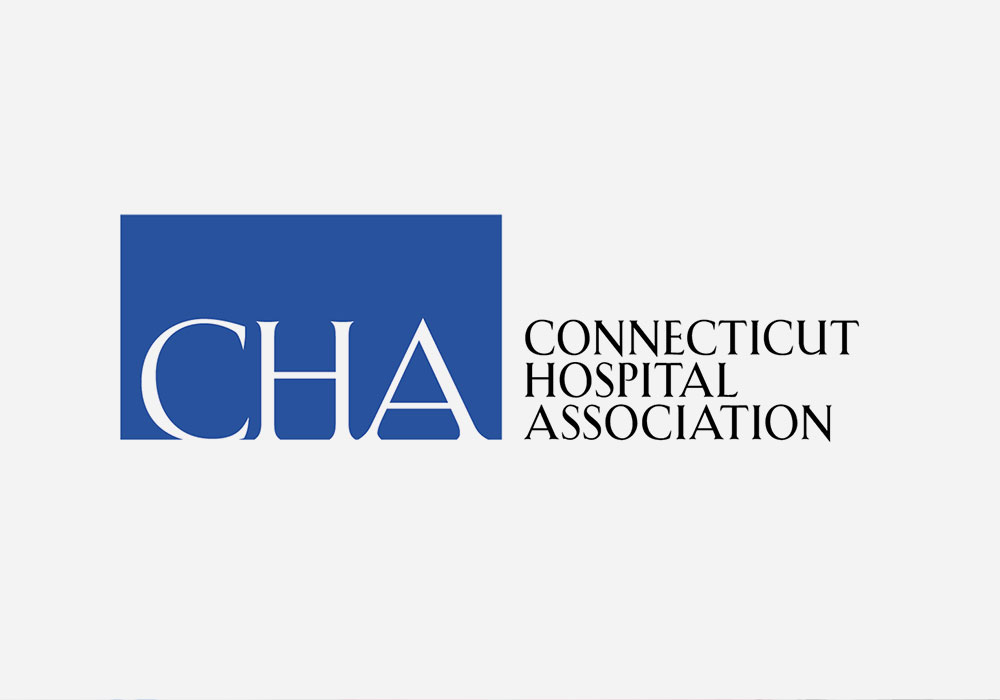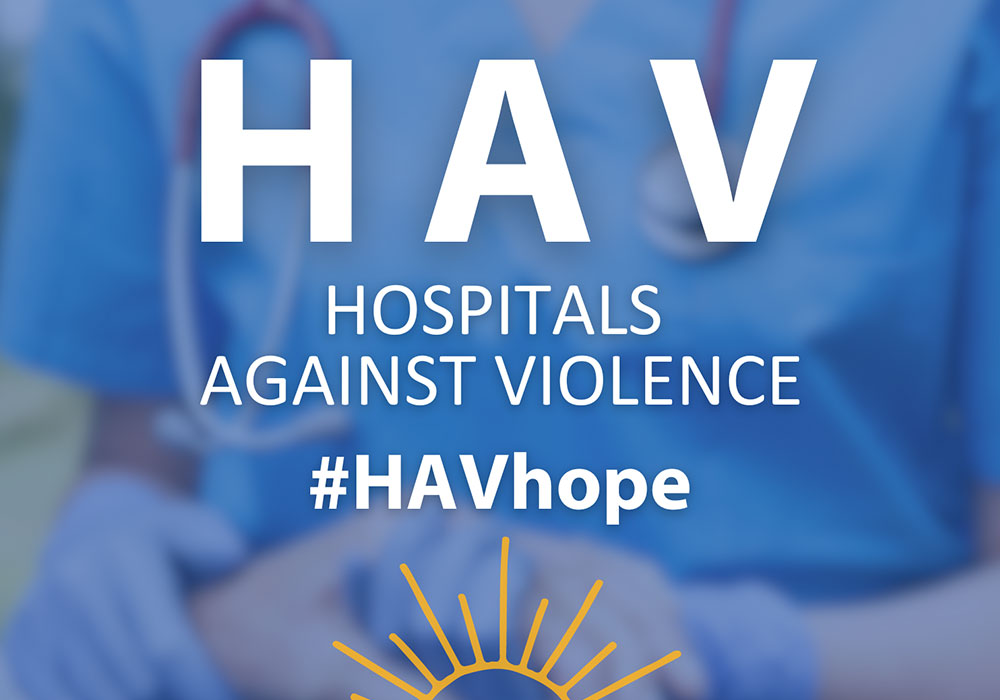As of Wednesday, June 5, 2024, Governor Ned Lamont has signed 124 bills and vetoed 1 bill of the 2024 Regular Session. He has recently signed the following bills related to healthcare policy:
PA 24-110 (HB 5198), An Act Concerning Telehealth
This Act, supported by CHA, makes permanent certain telehealth service delivery and insurance coverage provisions that had been enacted on a temporary basis under PA 21-9 and PA 22-81 and which otherwise would have expired on June 30, 2024. This Act ensures that the telehealth flexibilities established during the pandemic remain available for patients to receive the right care, at the right place, at the right time. The Act, among other provisions, continues to:
- Allow authorized telehealth providers to continue to use audio-only telephone to provide telehealth services
- Allow authorized providers to provide telehealth services from any location to patients at any location
- Prohibit providers from charging uninsured patients more than the Medicare reimbursement rate for telehealth services
The Act also includes additional changes related to insurance coverage mandates for telehealth services and mental and behavioral health services provided via telehealth.
PA 24-83 (HB 5058), An Act Adopting The Nurse Licensure Compact
This Act, supported by CHA, permits nursing license reciprocity with other states that have adopted the Nurse Licensure Compact. Joining the other 41 states and jurisdictions that are already part of the compact is an important part of maintaining the momentum Connecticut has built to grow and support the healthcare workforce and helps make Connecticut more competitive as we work to attract nurses into the state while embracing new ways to provide care, such as through telehealth.
PA 24-113 (HB 5200), An Act Concerning Health Care Accessibility For Persons With A Disability
This Act, supported by CHA, requires healthcare providers to ensure certain medical diagnostic equipment be accessible for persons with a disability. Through CHA’s advocacy, the bill was substantially adjusted through the legislative process to address concerns raised about the initial proposed language. The Act is designed to make healthcare more accessible to persons with disabilities and applies to the following types of providers: (1) hospitals, outpatient clinics, long-term care facilities, and hospice (designated as “Health care facilities” under the Act) and (2) office practices with eight or more physicians or APRNs, alone or in combination (designated as “Practice Locations” under the Act).
Incorporating various features, definitions, and specific requirements found in final federal regulations that update the Rehabilitation Act of 1973 (commonly known as Section 504), the Act is intended to bridge the time gap between now and when the Section 504 regulations are fully mandated and required (not merely in effect). The Section 504 updates are scheduled to be phased in over several years.
The Act accelerates compliance deadlines in Connecticut but recognizes the underlying federal rule changes.
PA 24-112 (HB 5196), An Act Expanding The Podiatric Scope Of Practice
The Act expands the scope of practice of podiatrists to independently perform Chopart joint-level (i.e., forefoot and midfoot) amputations. In order to do so, a licensed podiatrist must provide the DPH specified documentation and meet defined requirements. The Act also requires the Public Health Committee co-chairpersons to convene a panel of two representatives from each of the Connecticut Orthopaedic Society and The Connecticut Podiatric Medical Association to develop a protocol by August 1, 2024. The protocol will describe the experience, skill, and training requirements necessary for a Licensed Podiatrist to perform total ankle replacement surgery. In addition, the protocol will include the procedure for assessing whether a podiatrist meets the requirements. By September 1, 2024, the panel must report on the protocol to the Public Health Committee and DPH and the protocol will be published on the DPH website by October 1, 2024.




